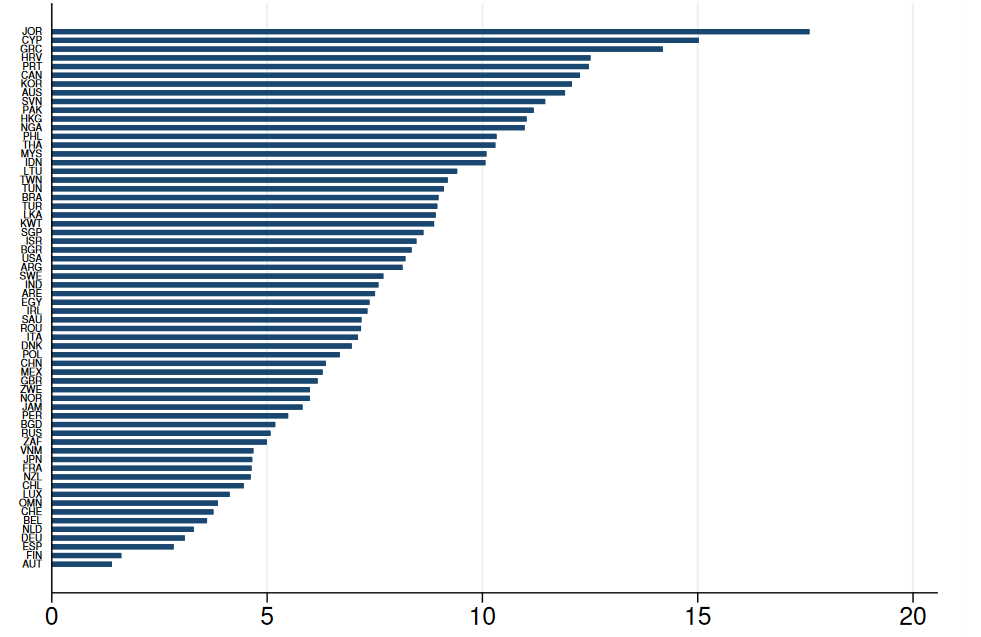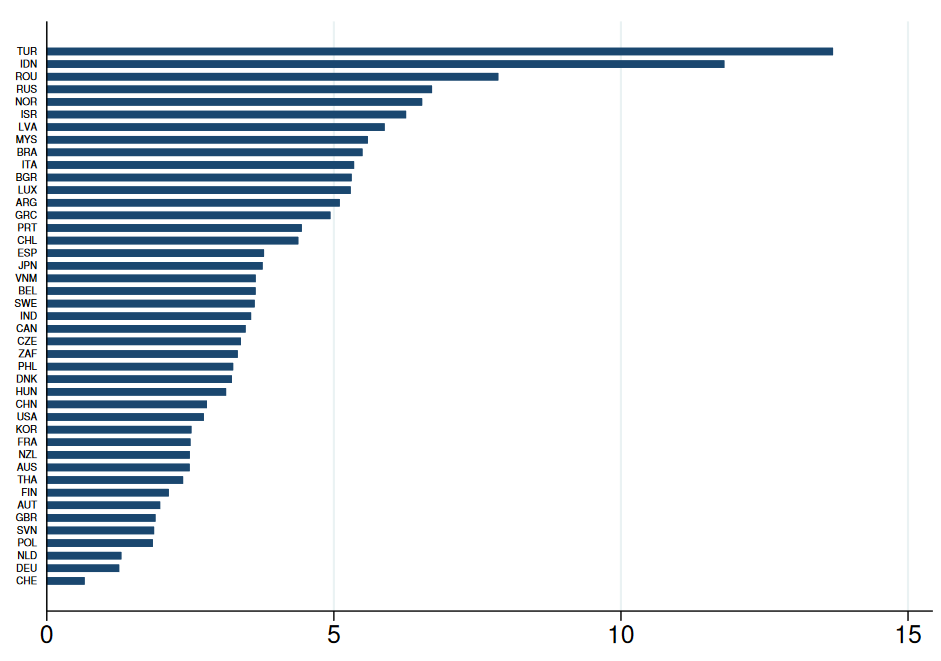Extension of Türkiye’s zombie company regulation under consideration – Türkiye Today
The Turkish government is considering extending a regulation that allows indebted companies to avoid bankruptcy, CNBC-e reports. The “zombie company” regulation was initially introduced to prevent the collapse of companies that are unable to conduct active business due to their debt burden.
The regulation is set to expire on Jan. 1, 2025, but the government may now extend it until early 2026. This extension is in line with expectations for economic recovery in Türkiye.
The extension is being evaluated by Türkiye‘s economic authorities to prevent the complete withdrawal of many companies from the commercial sector.
Initially implemented in 2018, the regulation aims to mitigate the potential ripple effects on other companies, banks and the broader economy if these firms were to shut down.
What is a zombie company?
While there’s no universally accepted definition, zombie firms can generally be characterized as financially troubled companies that are operating at a loss or with minimal profitability, often due to high debt levels. Despite their precarious financial situation, these firms manage to avoid bankruptcy due to various factors, such as government bailouts, lender forbearance, or other forms of external support.
The literature offers various definitions for these unproductive firms. Some researchers define zombie firms as those receiving subsidized interest rates from lenders, allowing them to operate below market rates. Others categorize them as firms that are behind on interest payments but continue to receive credit from at least one bank. Additionally, firms that are old, lack growth opportunities, have weak profitability and investments, or exhibit low profitability with high default risk are often considered zombie firms. Distressed firms with negative sales growth also fall into this category.
Basically, zombie companies refer to businesses that are heavily reliant on financial assistance, often from the government, but are unable to generate enough revenue to cover their debt obligations. These companies typically survive by borrowing more to repay existing debts, without conducting substantial operational activities.

Rise of zombie companies in Türkiye
According to a 2023 report by the International Monetary Fund (IMF), Türkiye leads the world in the number of zombie companies. The situation has worsened due to difficulties in accessing finance and persistently high exchange rates.
The number of zombie companies in Türkiye is projected to increase as financial conditions remain tight, despite relatively stable exchange rates. Economic authorities believe that without intervention, the collapse of these firms could have severe consequences for Türkiye’s banking sector and overall economic stability.

Purpose of the zombie company regulation
The regulation was first introduced in the Turkish Commercial Code on Sept. 15, 2018, as part of measures aimed at supporting companies facing financial difficulties due to high credit interest rates and fluctuating exchange rates. A key clause of the regulation allowed companies to exclude exchange rate losses from their debt calculations, providing temporary relief. The validity of this clause has been extended multiple times, with the current expiration date set for Jan. 1, 2025.
Minister of Trade Ibrahim Yumakli explained the rationale behind the measure, stating, “The aim is to ensure that companies burdened by debt can continue to operate while avoiding direct impacts on the wider economy.”

Further extensions expected
Discussions are ongoing within the Turkish Ministry of Trade to extend the regulation through 2026, as officials believe the economy will stabilize by that time. The potential extension is expected to be formalized through a new ministerial communique, likely to be issued by October 2024.
The Turkish government has reiterated that its long-term goal is to address the underlying causes of financial distress for zombie companies, while ensuring that temporary support measures are in place to protect the broader economy.



